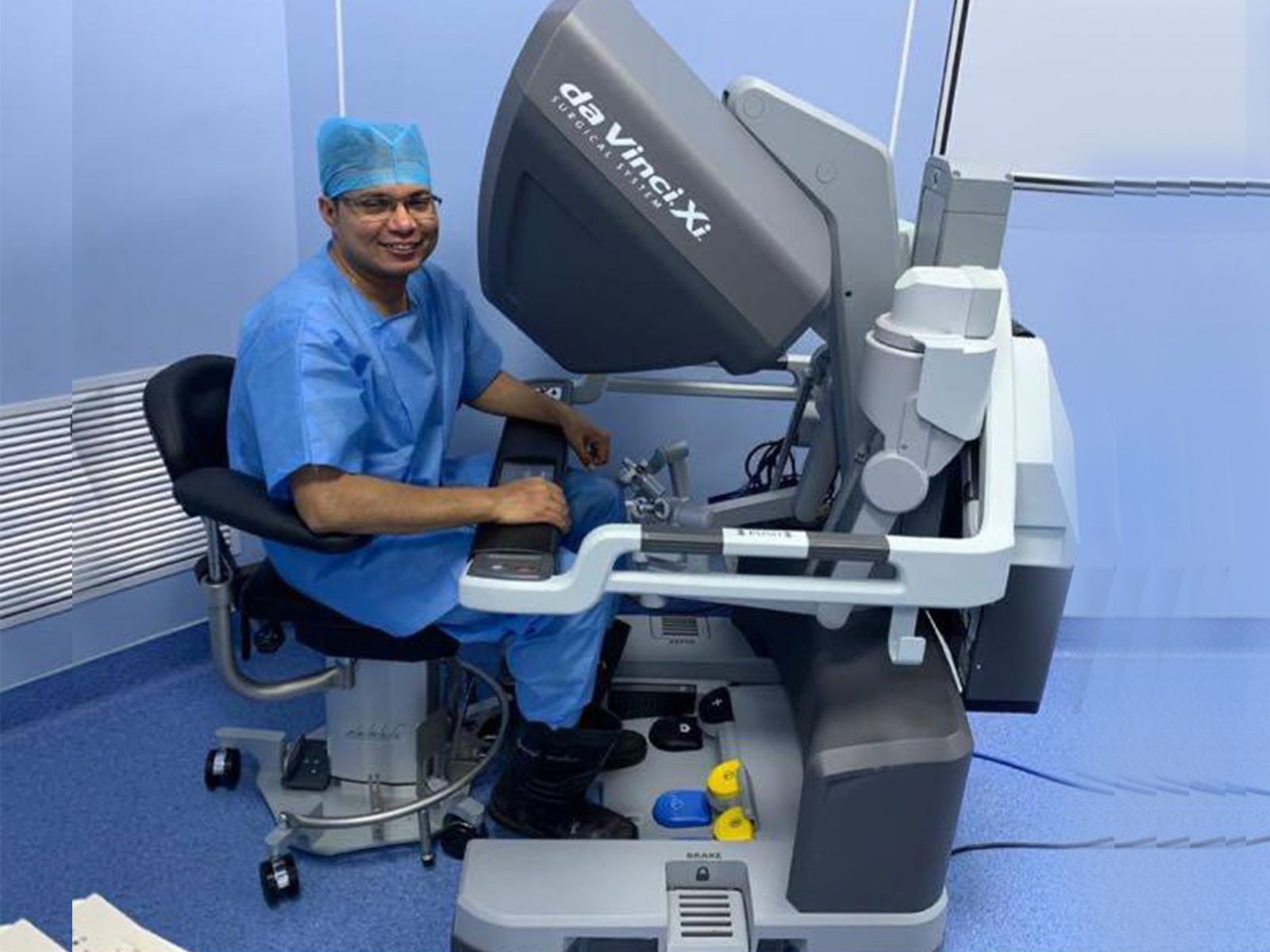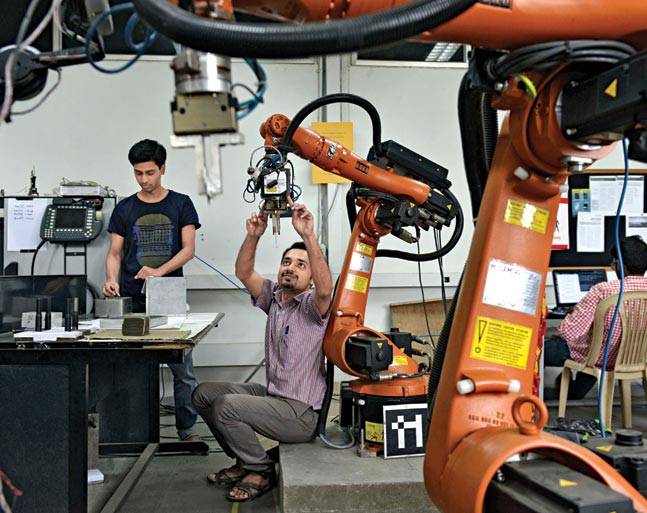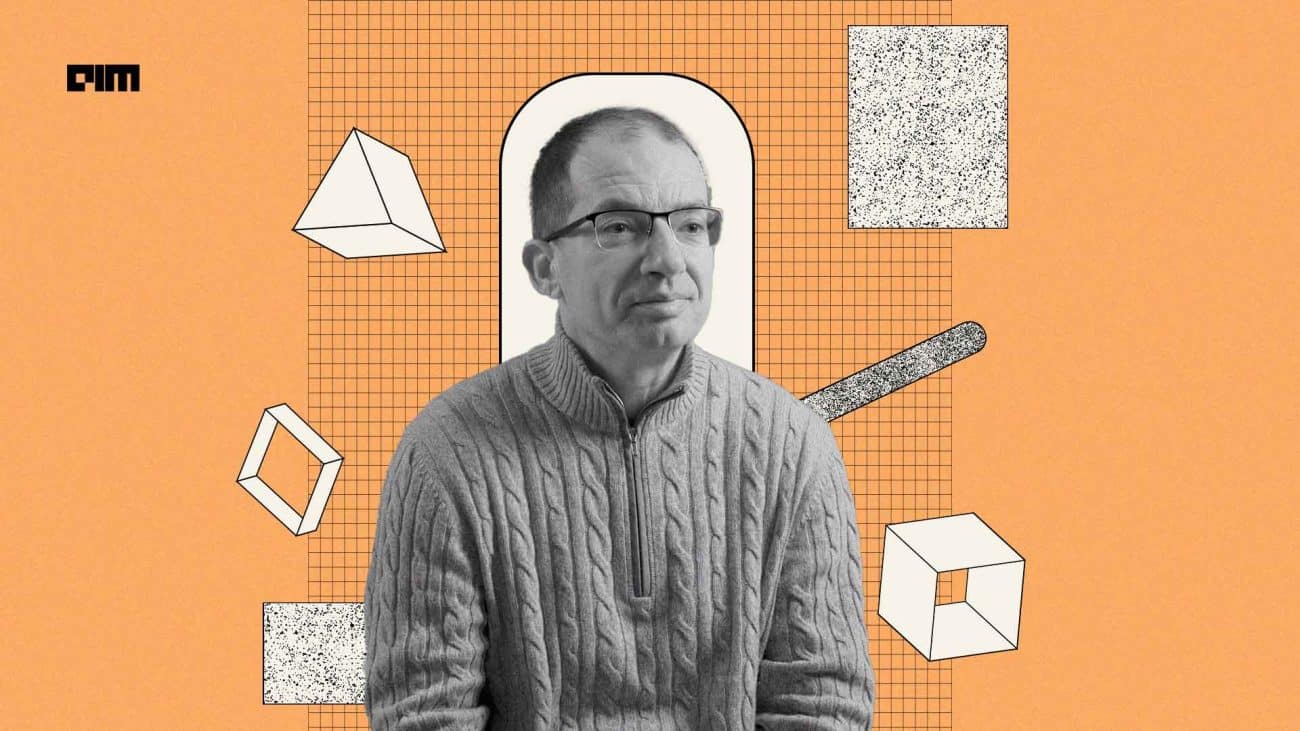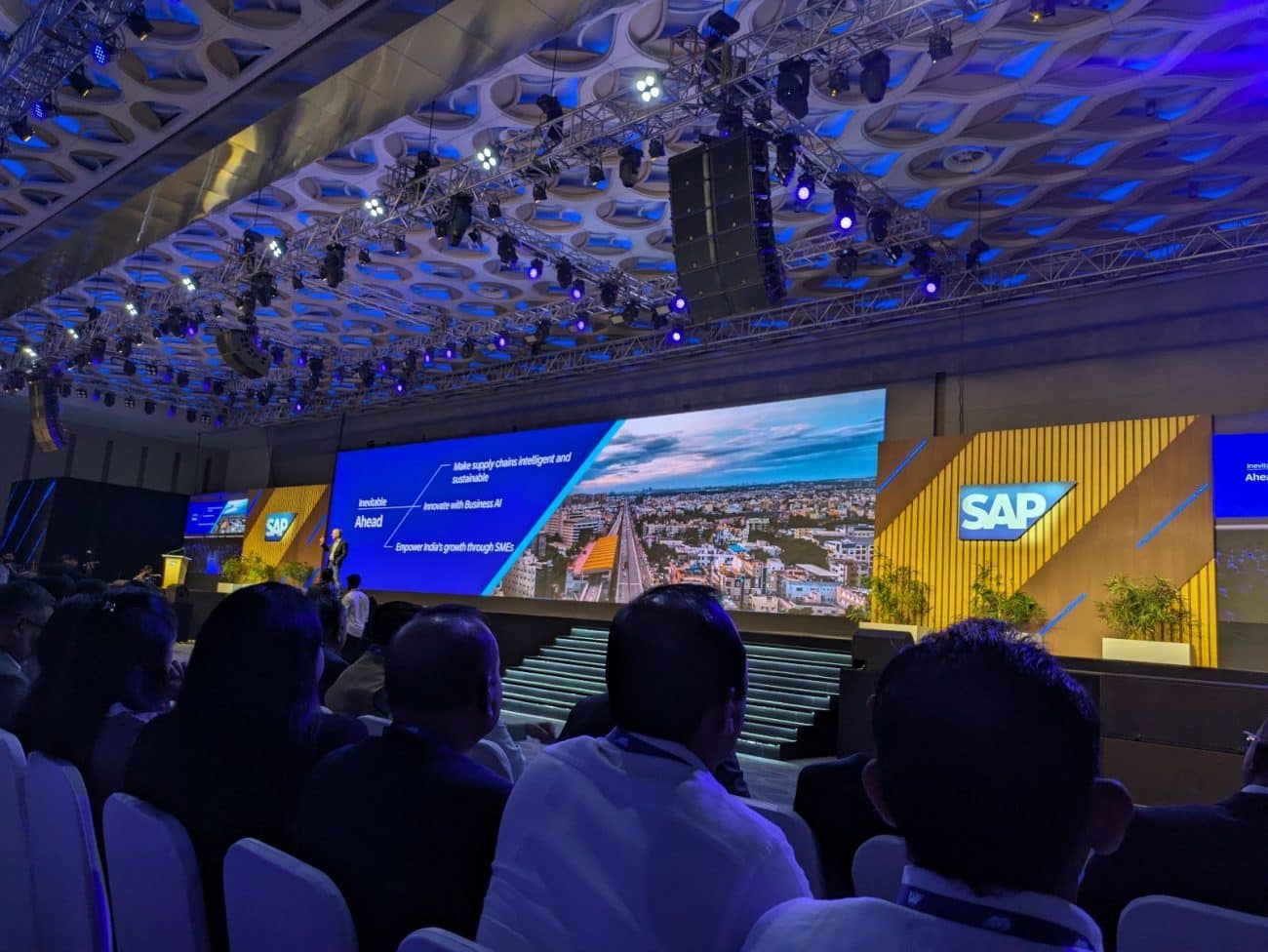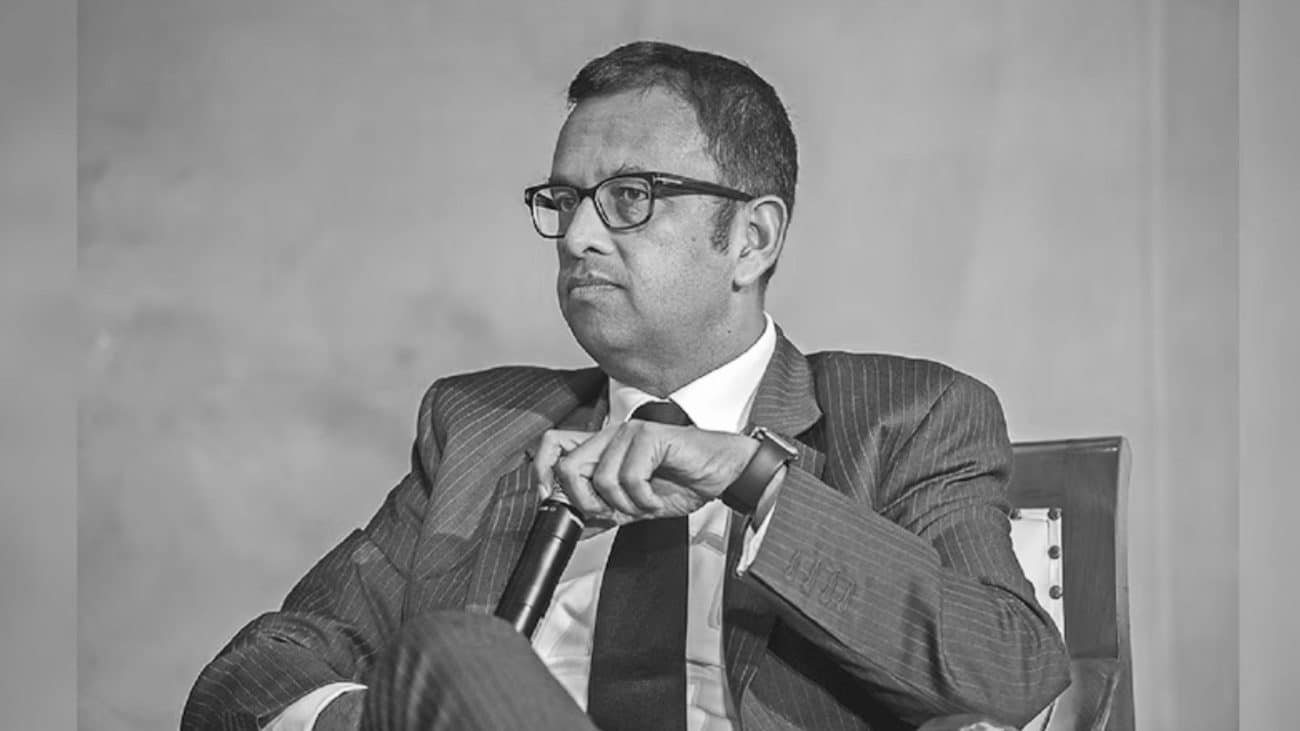The largest tertiary care Central Government hospital in India, the Safdarjung Hospital and Vardhman Mahaveer Medical College is a 2900 operational bedded multi-speciality hospital, which claims to offer world-class infrastructure facilities for poor patients in India. With a policy of non-refusal of admission to any patient who requires treatment and hospitalisation, this hospital provides free treatment to all under the health programmes/schemes.
Located in the capital city of the country, New Delhi, Safdarjung Hospital has always aimed to provide advanced healthcare services to not only people of the state but also to neighbouring states and countries. Over the years, the services being provided by the hospital have overstretched its infrastructure and capacity. In order to augment its services as well as to increase the ability for higher occupancy, the hospital has recently constructed its state-of-the-art Emergency and Super Specialty Blocks. Not only it reduced patient congestion in the hospital but also increased the post-graduate medical seats and provided the infrastructure for cutting-edge research.
The Challenges
Chronic kidney disease, which can lead to kidney failure, has been prevalent in India for a long time. In fact, according to the NCBI (The National Center for Biotechnology Information) report, almost 220,000 people require kidney transplantation in India. Against this, currently, approximately 7500 kidney transplantations are performed at 250 kidney transplant centres in India. And, being one of the largest tertiary care central government hospitals, Safdarjung Hospital was serving numerous patients with kidney failure, including those who require renal transplants, on a daily basis.
For a very long time, the hospital was relying on traditional kidney transplant procedures which are usually carried out by open surgeries by making large incisions on patients. These traditional surgeries have although treated many patients well enough. However, it can indeed bring possible complications like postoperative pneumonia, delayed recovery and increased pain. Alongside, the patients that require kidney transplants are usually at their end-stage of the renal disease and thereby immunocompromised and fragile — many a time these traditional methodologies have proved to have limitations while performing the transplant.
Deployment of Solution & Benefits
While the conventional approach was starting to become obsolete, Safdarjung Hospital deployed robotic-assisted surgery in October 2019 in order to provide an avant-garde renal transplant for poor patients. Intending to provide world-class infrastructure and world-class expertise at minimal cost to the poor population of India, the hospital claimed to be the first to have installed the Intuitive-developed da Vinci robotic surgical system among the central government hospitals of India.
According to Dr Anup Kumar, the head of department, Urology and Renal Transplant, at Safdarjung Hospital, the process of a kidney transplant can be complex for many doctors, and robotic-assisted surgery has proved to be beneficial and viable in many challenging or complex cases where the only minimally invasive approach is preferable.
When asked, Dr Anup said, “Time and again, robotic-assisted surgery has proven its value and has been a great addition to healthcare and the medical industry.”
Alongside, the advanced robotic surgical system translates the movements of the surgeon’s fingers and imitates the same precise movements on the surgical tools. “We operate on patients with the help of the robot and control the robot via a console unit. We use hand and foot controls that are provided, along with a 3D high definition visualisation of the anatomy,” said Dr Anup. Such an approach also avoids the physical trauma of large incisions which was typical for open surgical procedures.
Conventionally, to conduct 2D and 3D laparoscopic surgeries for prostate, kidney, and bladder cancers, along with advanced reconstructive surgeries, the doctors used to rely on rigid instruments. However, unlike traditional laparoscopic instruments, robotic-assisted surgical tools can rotate 360 degrees, giving more flexibility than the human wrist. Additionally, an HD vision system provides a perfect view of the surgical area.
Highlighting a case, Dr Anup said — the hospital had to treat a 62-year-old patient who was diagnosed with prostate cancer. The patient was well aware of the long treatment and the disease management, which comes with significant side effects like, urination trouble, bowel problems as well as erectile dysfunction. And that’s why the hospital suggested robotic-assisted surgery (RAS) using the da Vinci surgical system. Post the robotic-assisted radical prostatectomy, he was discharged within two days and resumed work in a week.
To adopt this modern surgery method, the hospital went under heavy training of enthusiastic doctors. And currently, at Safdarjung Hospital, Dr Anup has performed over 150 robotic surgeries in less than six months, which includes robotic radical prostatectomy, partial nephrectomy, radical cystectomy, radical nephrectomy, advanced reconstructive urological procedures like pyeloplasty, ureteric reimplantation and ureterocolostomy. “I adopted robotic-assisted surgical technology because it is more patient and surgeon friendly, and I can perform technically challenging cases by a minimally invasive approach using this technology. It provides excellent functional and oncological outcomes.”
Besides, it also comes with several other benefits, for patients, this can translate into precise dissection, shorter operating time, less blood loss, decreased postoperative pain, less bleeding, and earlier recovery. Dr Anup shows immense confidence in robotic-assisted surgery and considers it as an important and reliable tool for a number of renal transplants.
Alongside, robotic-assisted surgical systems make some of the most complicated procedures simpler with 3D vision. The console provides a magnification and depth perception of the operation region and can decrease operating time in some cases, which again helps doctors to address more patients in a shorter span of time. The installation of RAS has decreased operating time, thus increasing the turnover of patients and decreasing the patient waitlist.
Besides, for surgeons, RAS can also be beneficial for better ergonomics, easy suturing, and less physical stress post-operation. Moreover, it enables surgeons to perform severe cases though a minimally invasive approach. “With the deployment of robotic-assisted surgical systems at our facility, we were able to offer advanced medical care for patients from all walks of life, especially poor patients,” said Dr Anup.
“The poor people were able to access the benefits of robotic-assisted surgeries at no cost, making it accessible for all patients. We were able to cover various urological cancers from prostate, kidney and bladder, including renal transplants through robotic-assisted surgeries. The installation of a RAS system has decreased operating time, thus increasing the turnover of patients and reducing the waiting list of patients at Safdarjung Hospital,” concluded Dr Anup.


